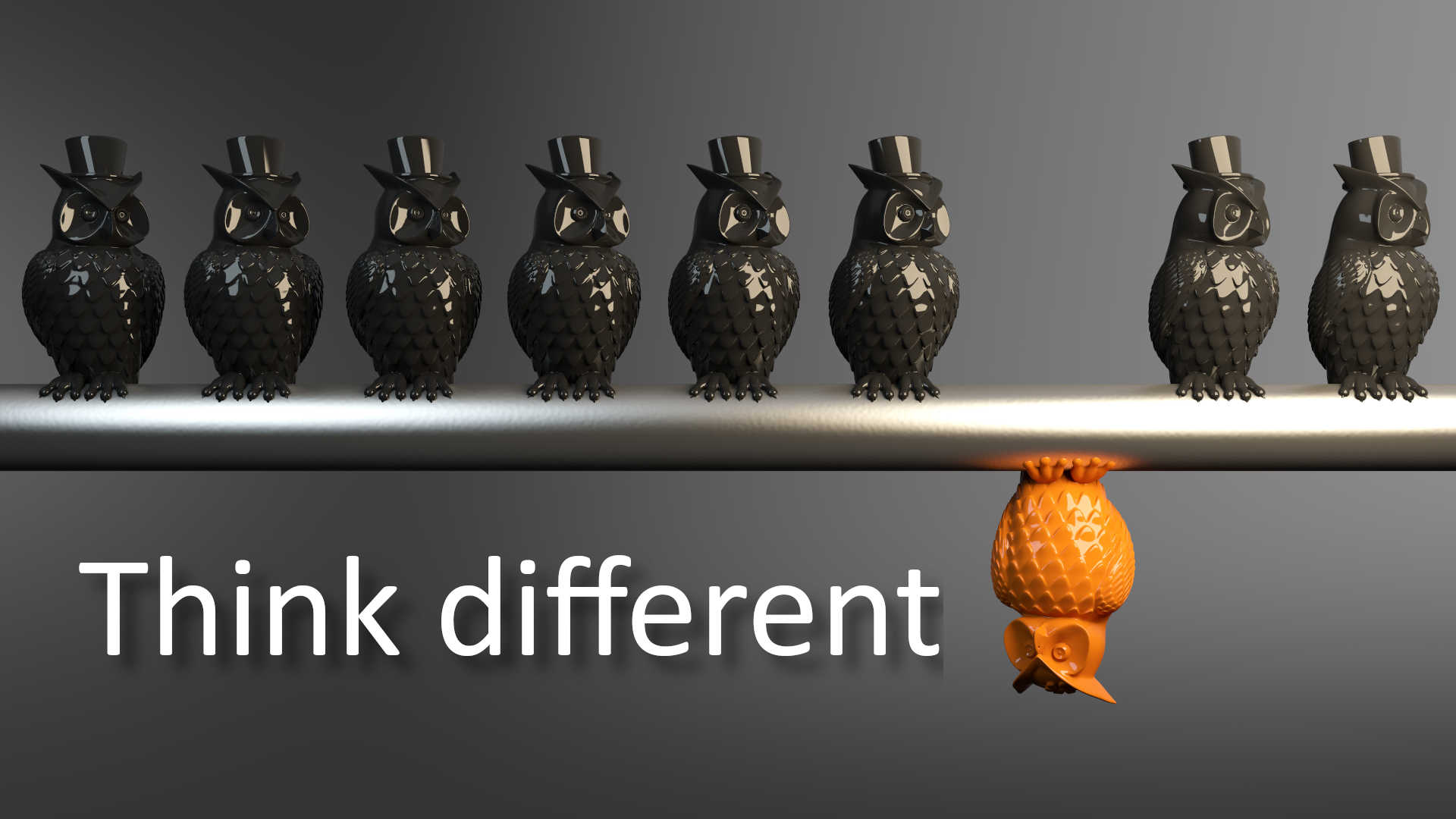To make things clear, Graphene Investments does not have any ESG or SRI funds, as we feel rather uncomfortable committing to any of these labels as long as their rules are as unclear, twistable as they currently are. This does not prevent us from acting as ethically and responsibly as we can, and today, we have a problem: can we still hold Twitter (or many of its likes, for that matter) after what recently happened?
In recent months, the pandemic and the US Presidential election led a growing number of social networks to label certain posts as “baseless” or “controversial”. This moved one step further when Donald Trump’s accounts on several applications were shut down, temporarily or indefinitely, after his messages prompted his supporters to break into the Capitol on January 6, 2021.
The problem with internet giants’ political neutrality is not new but, following its latest developments and regardless of any opinion about the soon-to-be former President of the United States, we are now down to very basic questions: is it good to let a social network with such an audience decide what is right or wrong, promote certain views and mute others, without even referring to a transparent, predefined rule? Do we really want to encourage this kind of private “justice” to substitute the legal framework established over the centuries by regularly elected governments and parliaments?
Although this could easily be considered a social or governance issue, the ESG community, we note, has been remarkably silent about these topics. Of course, greenwashing machines or pledges to support minorities are much easier sells to a large public than explanations about how vulnerable and manipulable our civilization is becoming under the influence of certain innovations, but are they really more important for the future of humanity?
It looks like ESG proponents won’t open the Pandora’s box, and prefer to keep referring to the same criteria that everyone is already using. No one remembers who managed to make them prevail nor why, but the fact is, they became consensus and nobody will dare to challenge them now. Isn’t it time for governments to do their job and design sensible regulations in the long-term interest of populations, so minorities and lobbyists don’t have the opportunity to fill the empty space in their own way?
HG – Jan. 13, 2021







